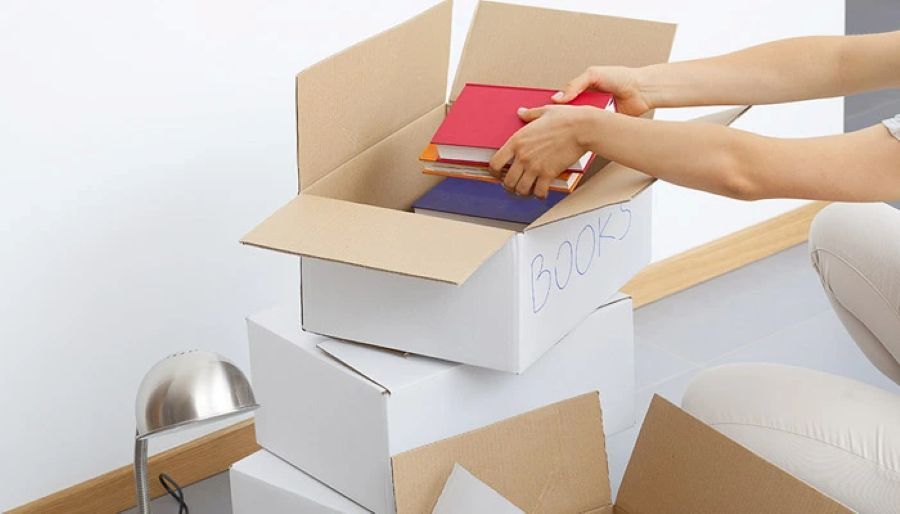Can I Bring My Guns If I Move to Canada?
Yes, you can bring some guns when you move to Canada, but Canada has very strict gun laws. Not all guns are allowed, and you need to follow many rules. The process is different if you're visiting Canada versus moving there forever.
Understanding Canada's Gun Laws
Canada treats guns very differently than the United States. Canada does not accept "self-defense" as a valid reason for importing a firearm. The main reasons Canada allows guns are:
- Hunting during hunting season
- Target shooting and competitions
- Protection from wild animals in remote areas
- Moving through Canada to another place
Three Types of Guns in Canada
Canada puts all guns into three groups:
Non-Restricted Guns These are regular hunting rifles and shotguns. Non-restricted firearms generally include most ordinary hunting rifles and shotguns, which are expected to be used for sporting, hunting, and competitions. Requirements:
- Barrel must be at least 18.5 inches long
- Cannot fold or telescope to less than 26 inches total length
- These are the easiest guns to bring to Canada
Restricted Guns
Most handguns fall into this group. Due to legislation introduced in October 2022 that prohibits the sale, purchase, or transfer of handguns within Canada, bringing a handgun across the Canadian border is likely no longer possible. New laws in 2022 and 2023 make it almost impossible to bring handguns to Canada.
Prohibited Guns These guns are completely banned. Visitors to Canada cannot, under any circumstances, import prohibited firearms, prohibited devices or prohibited weapons. This includes:
- Assault-style weapons
- Fully automatic guns
- Handguns with barrels shorter than 4.1 inches
- Many semi-automatic rifles
Recent Changes to Gun Laws
Canada has banned many more guns recently. On May 1, 2020 the Government of Canada prohibited over 1,500 models of assault-style firearms. In 2024 and 2025, Canada banned hundreds more guns:
- On December 5, 2024, the Government announced the prohibition of more military style assault-style firearms
- This 2025 prohibition includes semi-automatic firearms with sustained rapid-fire capability
What You Need to Bring Guns to Canada
Age Requirements
Non-residents must be 18 years of age or older to use a firearm in Canada or to bring one into the country. Kids under 18 cannot bring guns to Canada on their own.
Required Documents
For Visitors (Short Trips)
- Non-Resident Firearm Declaration Form (RCMP 5589)
- $25 fee (paid at the border)
- Valid reason for bringing the gun
For New Permanent Residents The rules are different if you're moving to Canada forever. You'll need:
- A Canadian firearms license (PAL)
- Proper registration for each gun
- Import permits for some guns
Getting a Canadian Firearms License (PAL)
Who Can Get a PAL
Any permanent resident or citizen of Canada 18 or over may apply for their PAL. You don't need to be a Canadian citizen, but you do need to be a legal resident.
Steps to Get Your PAL
- Take the Safety Course You must pass the Canadian Firearms Safety Course before you can apply for a PAL
- Pass the Written and Practical Tests These tests cover gun safety and Canadian gun laws
- Fill Out the Application The application asks about your background and history
- Wait for Processing Based on feedback from past Ottawa Firearm Safety students (Pre-COVID), the average time was 55-60 days. However, current wait times are much longer - about 4-5 months.
- Get Your License PALs are renewed every 5 years
Bringing Guns as a Visitor
The Declaration Process
If you're just visiting Canada, you can bring some guns by filling out forms. Here's how:
- Fill Out Form RCMP 5589 Fill out a Non-Resident Firearms Declaration form (RCMP 5589) before you arrive at your entry point into Canada to save you time
- Don't Sign It Yet Do not sign the form; a Canada Border Services Agency (CBSA) customs officer must witness your signature
- Pay the Fee The fee is $25
- Get It Signed at the Border After a CBSA customs officer signs your Declaration, it is a temporary licence and it is valid for 60 days
How Many Guns Can You Bring
Generally speaking, you may bring up to three allowed guns across the border if you fill out a form and pay a fee in Canadian dollars. If you want to bring more than two guns, you need an extra form.
Renewing Your Declaration
You can renew your Declaration for free before it expires. This lets you stay in Canada longer with your guns.
Moving to Canada Permanently With Guns
The Process is Different
If you are moving permanently to Canada, there are different requirements than those listed below. Moving to Canada forever means you need to follow the same rules as Canadian citizens.
Steps for Permanent Residents
- Become a Legal Resident First You must have your immigration papers completed before you can start the gun license process
- Get Your PAL To have a firearm in Canada, you must have a PAL
- Register Your Guns All restricted guns must be registered with the government
- Get Import Permits Some guns need special permits to bring into Canada
What About Your Current Guns?
By passing the necessary tests and completing the appropriate forms, you will be able to legally transport these firearms. However, you need to check if your guns are legal in Canada first.
Many guns that are legal in the US are now banned in Canada. To ensure compliance with Canadian regulations, you should only attempt to bring firearms into Canada that are not entirely prohibited.
Transporting Guns Safely
Storage Rules
Canadian law is very strict about how you carry guns:
- Canadian law states that you must transport all firearms, including antique firearms, unloaded
- If you are transporting your firearm in a vehicle, they must be kept out of sight in a part of a vehicle that is kept locked (the trunk is ideal, if there is one)
- Keep ammunition separate from the gun
At the Border
When you arrive in Canada:
- Declare Your Guns You must declare all firearms and weapons to the border services officer when you arrive at the border
- Show Your Papers Have all your forms and licenses ready
- Answer Questions Honestly Always answer all questions truthfully
- Let Them Inspect The border services officer may check to ensure that you have stored your weapon properly for transportation
Criminal Records and Background Checks
How Criminal Records Affect You
If you have a criminal record, it will take longer and be significantly more difficult to bring a firearm into Canada. Even old crimes can cause problems.
Americans who are declaring a firearm at the Canadian border are almost guaranteed to have a background check run on them. This includes:
- Any criminal convictions
- DUI or drunk driving charges
- Even minor offenses
Getting Help With Criminal Records
If you have any criminal history, you might need special permission to enter Canada. It is possible to overcome inadmissibility with a Canada Temporary Resident Permit (TRP) or Criminal Rehabilitation.
Start this process early. Gaining access to Canada with a DUI can take many months so it is best to plan ahead.
Costs and Fees
Basic Fees
- Non-Resident Declaration: $25
- PAL Application: Around $80
- Safety Course: $200-400
- Temporary Borrowing License: $30
Hidden Costs
Don't forget about:
- Storage equipment (gun safes, locks)
- Registration fees for restricted guns
- Renewal fees every 5 years
- Legal help if you have problems
Common Mistakes to Avoid
Don't Try to Hide Guns
Any illegal or undeclared weapons will be seized and never returned. Always declare your guns at the border.
Don't Assume Your Gun is Legal
Many guns legal in the US are banned in Canada. Check the prohibited list before you travel.
Don't Wait Until the Last Minute
Getting licenses and permits takes months. Start the process early.
Don't Bring the Wrong Ammunition
Small arms cartridges must not include a tracer, incendiary or similar military component. Only bring regular hunting or target ammunition.
Alternatives to Bringing Your Own Guns
Borrowing Guns in Canada
You do not need a licence if you want to borrow a firearm in Canada, as long as you are under the direct and immediate supervision of a licensed adult. Many hunting guides provide guns for their clients.
Buying Guns in Canada
Once you have your PAL, you can buy guns in Canada. This might be easier than bringing guns from the US, especially with all the new bans.
Renting Guns
Some shooting ranges rent guns for target practice. This works well for sport shooters who don't want to own guns.
Special Situations
Driving Through Canada to Alaska
Non-restricted guns can also be brought into the country by people who are driving through Canada to or from Alaska. You still need to declare them and follow all the rules.
Antique Guns
Antique firearms are not considered firearms for licensing and registration purposes, so you shouldn't need any paperwork. However, you should still declare them at the border crossing.
Indigenous Rights
The amnesty also provides a temporary exception for Indigenous peoples' exercising a right under section 35 of the Constitution Act. Special rules may apply for Indigenous people.
Planning Your Move to Canada
If you're planning to move to Canada, gun laws are just one thing to consider. A professional moving company can help with the logistics of your move, but they cannot transport firearms for you.
You'll need to handle gun transportation yourself or use a licensed firearms dealer. Many people find it easier to sell their guns in the US and buy new ones in Canada after getting their PAL.
Consider using professional packing services for your other belongings while you handle firearms separately. This keeps your move organized and ensures you follow all laws correctly.
Getting Legal Help
Canadian gun laws are complex and change often. Consider getting help from:
- Immigration lawyers who understand gun laws
- Canadian gun law experts
- Licensed firearms dealers in Canada
Don't try to figure it all out alone. The penalties for getting it wrong are severe.
Final Thoughts
Moving to Canada with guns is possible, but it requires careful planning and following many rules. The process is different for visitors versus permanent residents. Recent changes have made it much harder to bring certain types of guns, especially handguns and semi-automatic rifles.
Start the process early - getting licenses can take months. Make sure your guns are legal in Canada before you try to bring them. When in doubt, ask experts for help.
Remember that Canada's gun laws are much stricter than those in the US. What's legal in America might be banned in Canada. Always declare your firearms at the border and follow all transportation rules.
If you're planning a move to Canada, focus on getting your immigration status sorted first. Then work on your firearms license. With proper planning and patience, you can legally bring some of your guns to your new home in Canada.
Ready to start planning your move? Contact a professional moving company to help with everything except your firearms, which you'll need to transport separately according to Canadian law.



